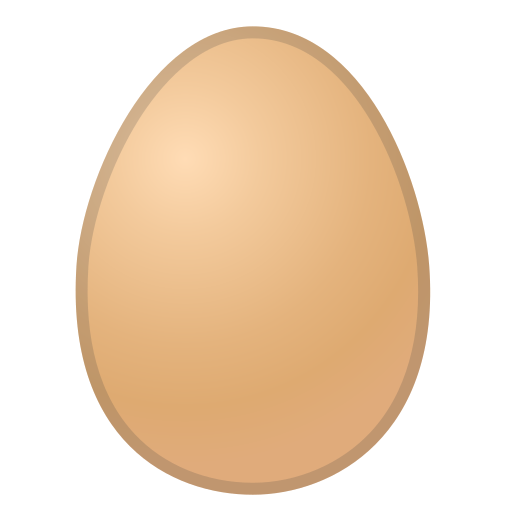- Breathe, you’ll get through this. Whatever time you have left you can still cram some more information in your head!
- Make a brief study plan, prioritising the exams you have first. Prioritise key areas or topics based on hints given throughout the year and by looking at previous exam papers. This will give you an idea of what the questions will look like and which ones are popular. Do not rely completely on topics that have come up regularly over the years to come up on your paper.
- Look on YouTube for videos summarising any topics your struggling to wrap your head around, or just want to refresh your memory on. Try and find podcasts discussing your topics covered and listen to whilst eating or on public transport. This will maximise your exposure before exams whilst allowing you to take ‘semi-breaks’.
- Shorten down your own notes and put them on cue cards or post it notes. Leave these around your room or study area. Ask people to quiz you on them.
- Download Quizlet app and input questions and answers. (This app does true or false, multiple choice and match up formats, which can actually make it fun to learn!). Test yourself at different periods throughout the day.
- Practise on previous exam questions and writing answers in a similar environment to the exam halls. Distractions away, phones off.
- Take regular breaks, drink plenty of fluids and have healthy snacks.
- Have 3 meals a day and focus on brain food. Smoothies, soup, fruits and vegetables are your friends.
- Try and get into a healthy sleep routine coming up to exams especially. Your brain will absorb more information and retain in better if your well rested.
- Make silly, funny (or even dirty!) acronyms of important theorists, authors, methods etc.
- Eg. Authors: Brown, Egan, Smith and Cullen
 ??Brown Eggs Sell Cheese
??Brown Eggs Sell Cheese - B, E, S, C. Write these acronyms down in your revision as soon as your exams begin and it will help jog your memory for different questions an hour into your exam.
- Get exercise on some of your study breaks, even if it’s a walk to the shop. Spend some time outside, touch some trees!
The Night Before
- Eat well, go over your summarised notes, bullet point essay plans.
- Do some meditation. Use apps such as Headspace/Calm or listen to some nature sounds with your eyes closed. YouTube has some short meditations too which can help relieve stress on the body and mind.
- If you normally do so, watch an episode of something before going to bed, or do some recreational reading. Get to bed at a reasonable hour.
- Check you have everything you need for getting to and from your exam and for in the exam itself. Check you have your leap card, that there's money on it, your student ID, lunch, pens - check they all work, calculator and any other tools you may need.
- Wear something comfortable to the exam.
When You’re Finished
- Don't dissect your paper after. What’s done is done and worrying about it will make no difference now. Do something relaxing or something you enjoy.
- Remember, exam results and grades don't define who you are as a person. There are more important things in life than grades, but it’s still nice to do well and know you did your very best.
- Try not to compare your grades with other’s. Your best can be very different to other people’s best.
- Be kind to yourself, don't focus on what you could have done but instead on what you can do now. You got this!
Services Available
If you feel you need to talk through your situation in more detail or would like professional help you can always contact the Student Counselling Service.
This is a free service there to support you with any mental health or personal concerns you may be experiencing while in college.